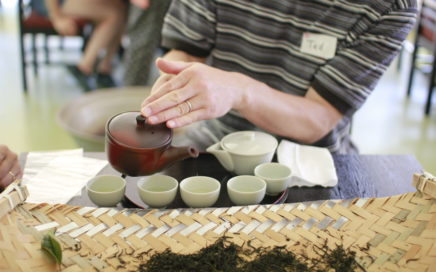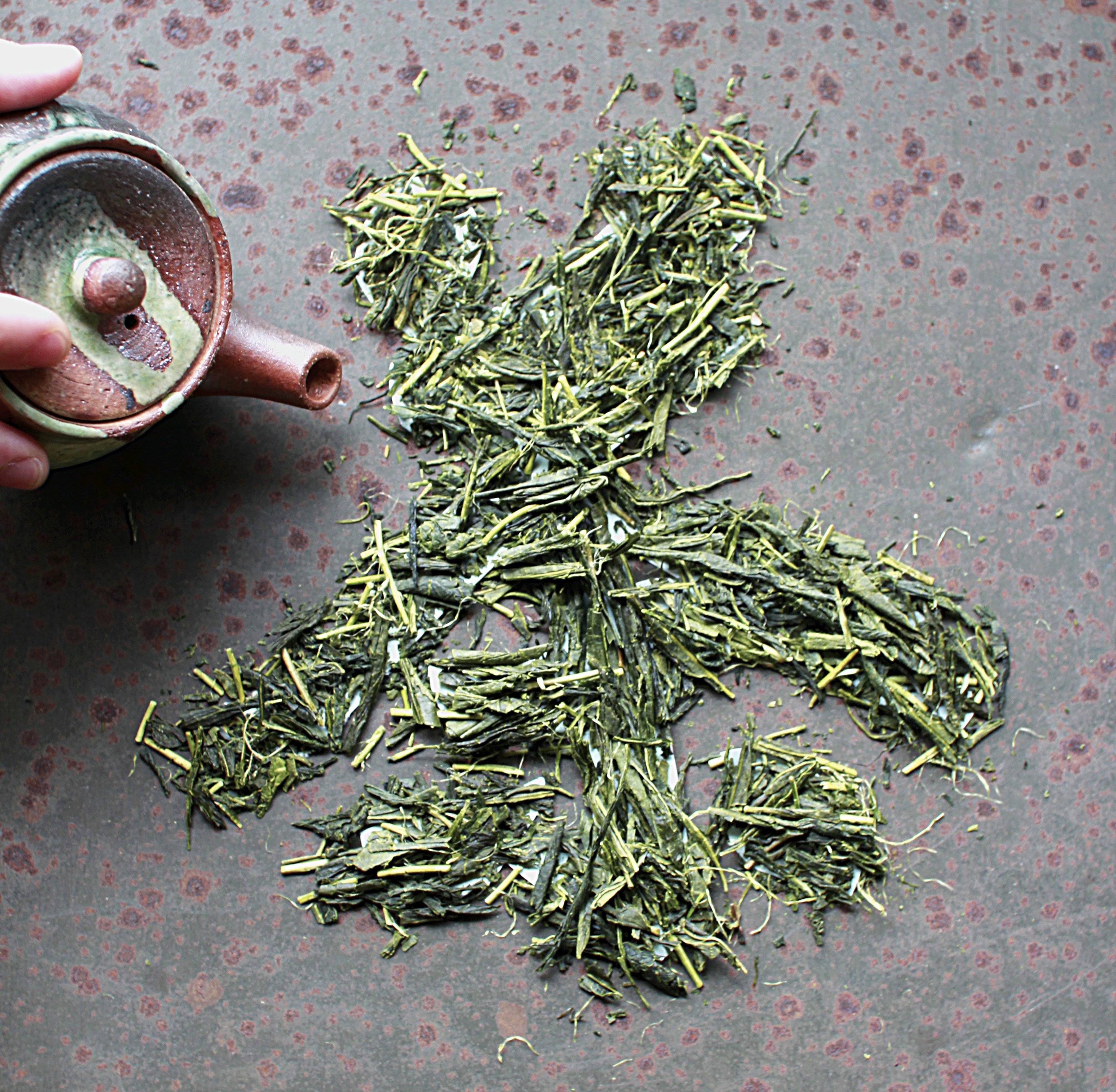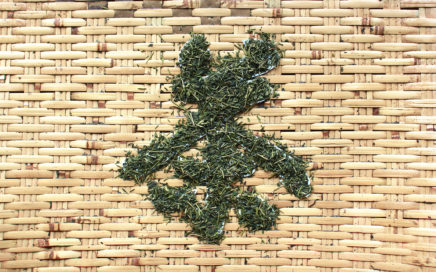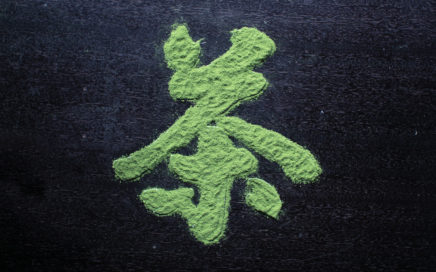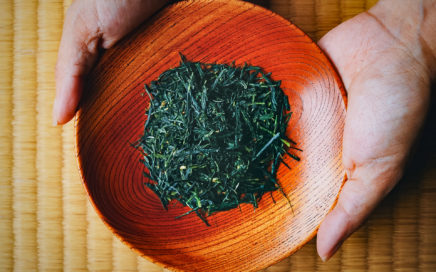
A brief summary of Japanese Tea – Carly De La Cruz
This blog post is the creation of one of our amazing previous interns Carly De La Cruz. She came to Wazuka to learn about tea and she delved into the rich history and culture with fervour. It’s always a pleasure to see people so passionate about tea and so keen to learn more about how […]

